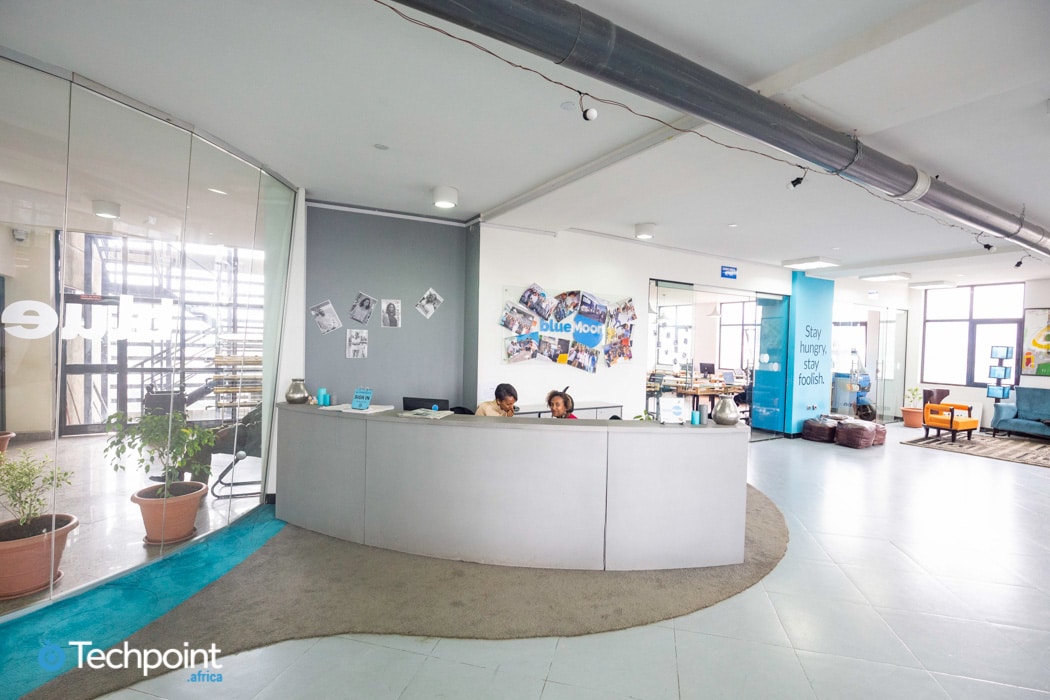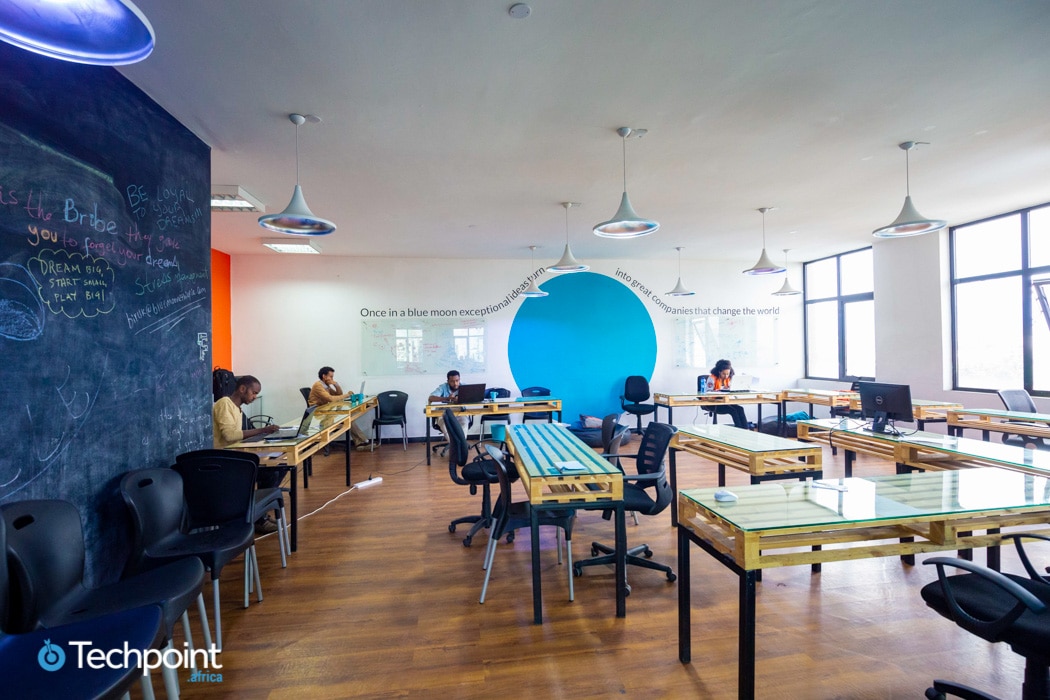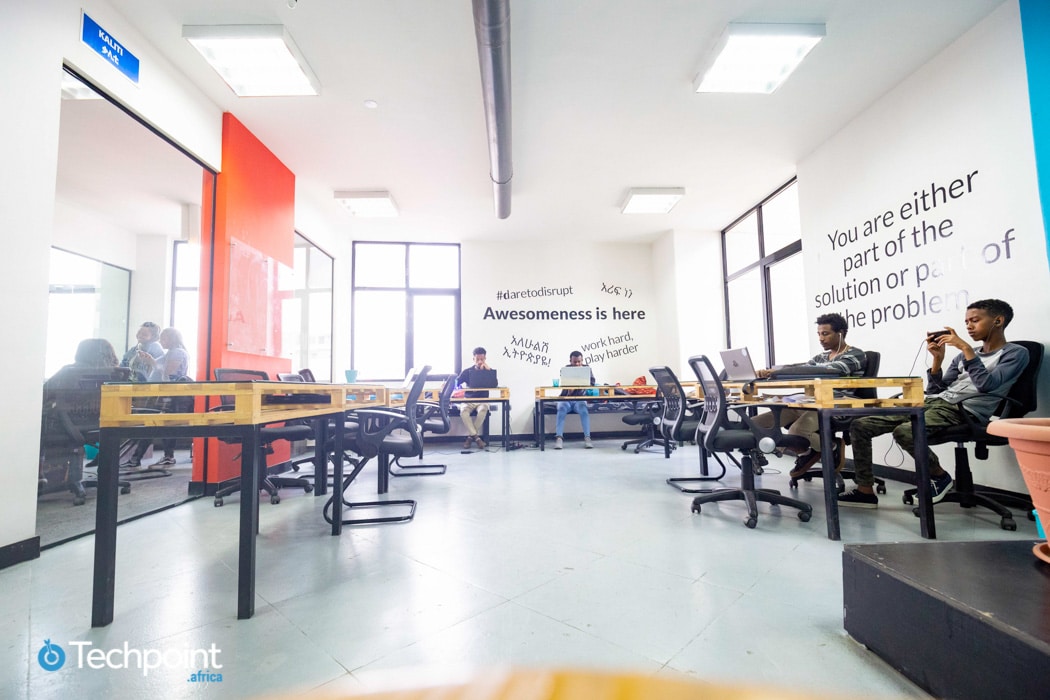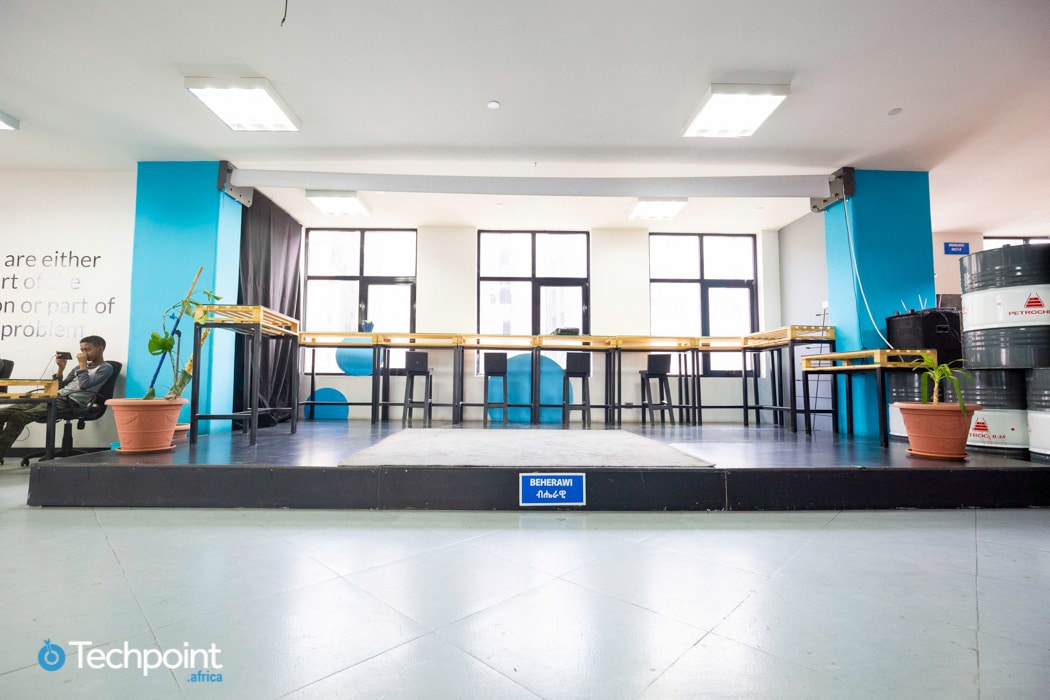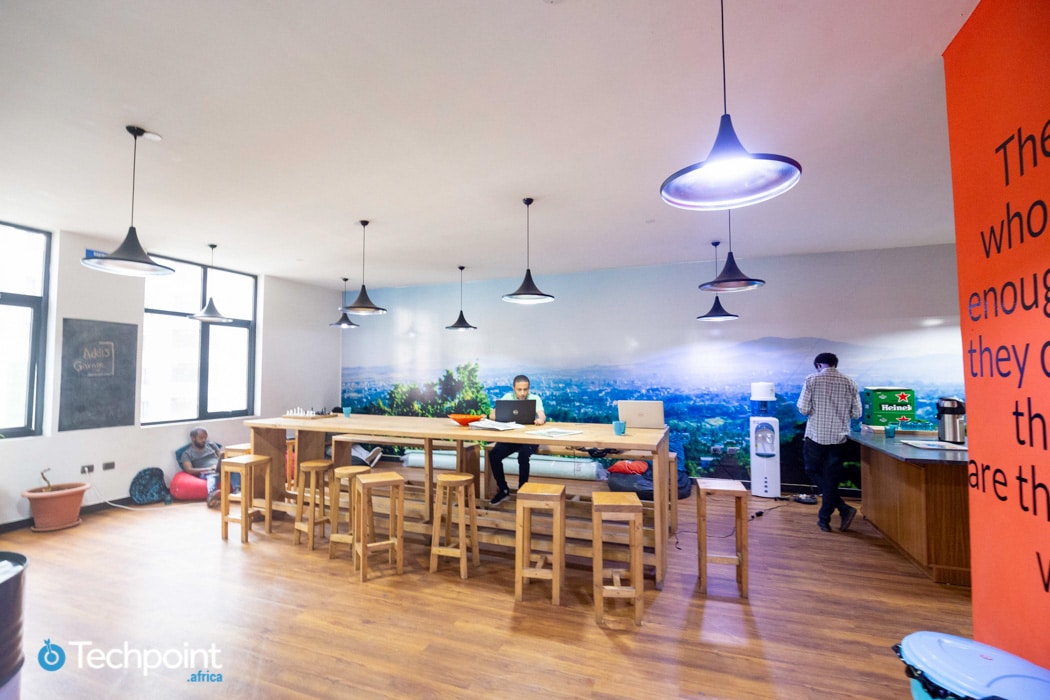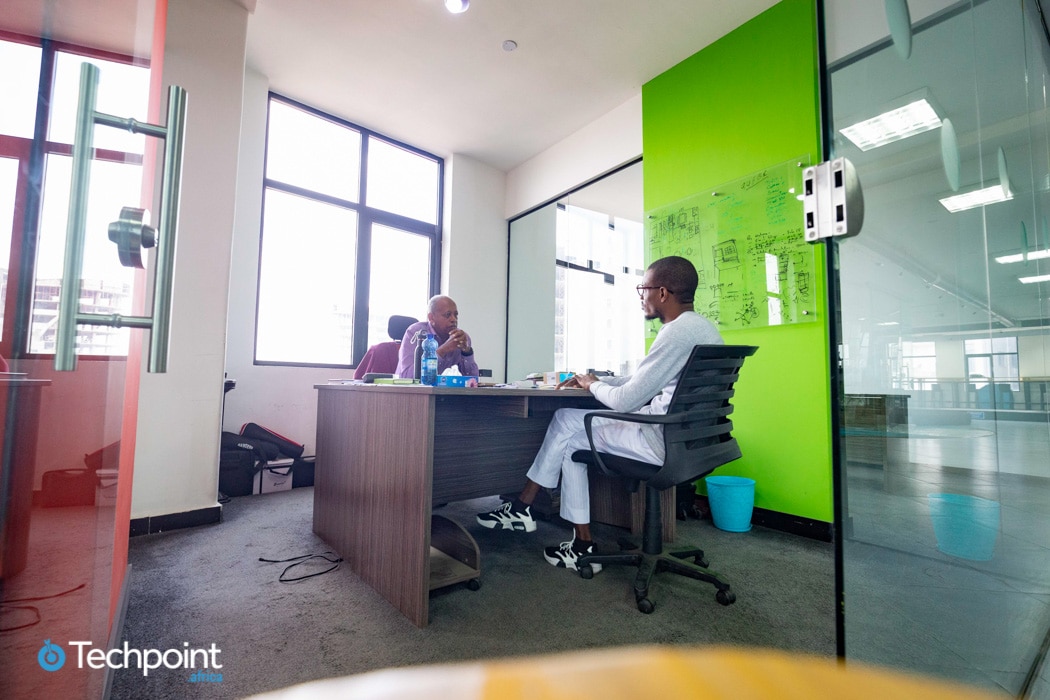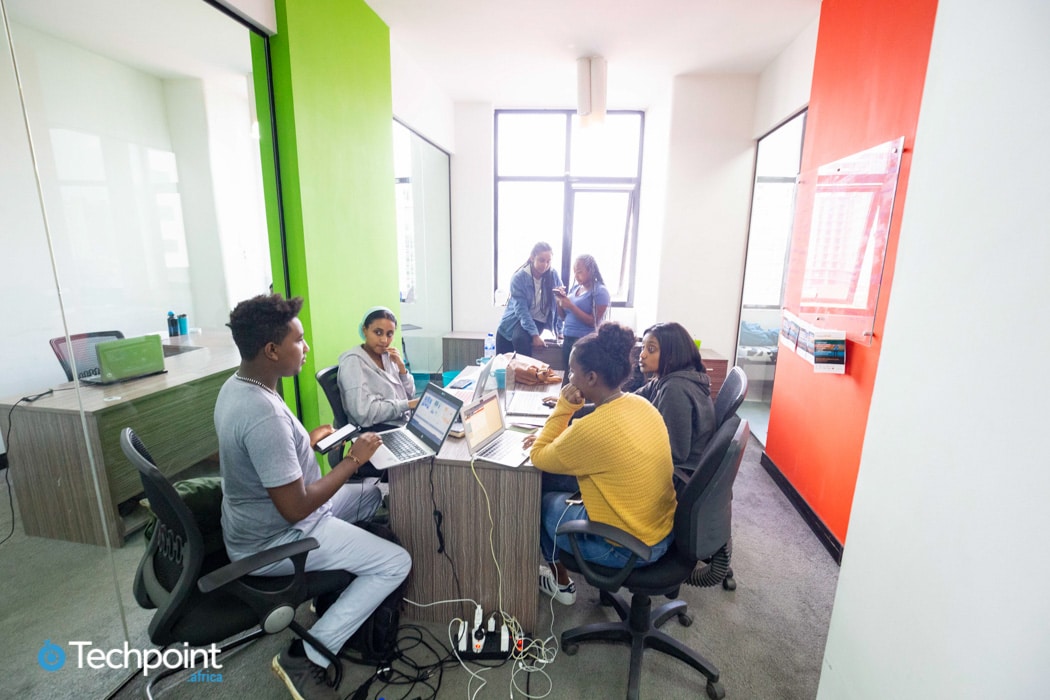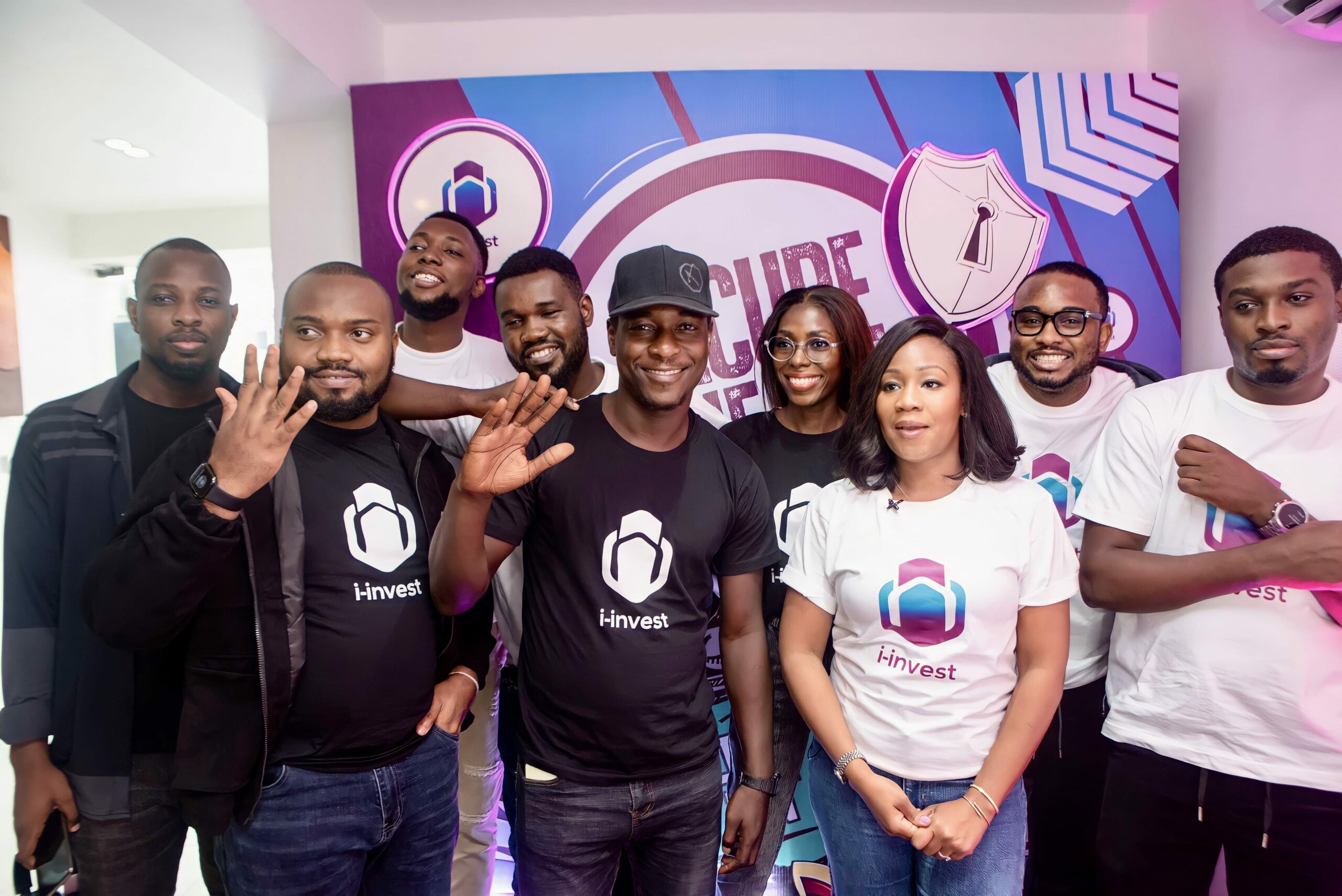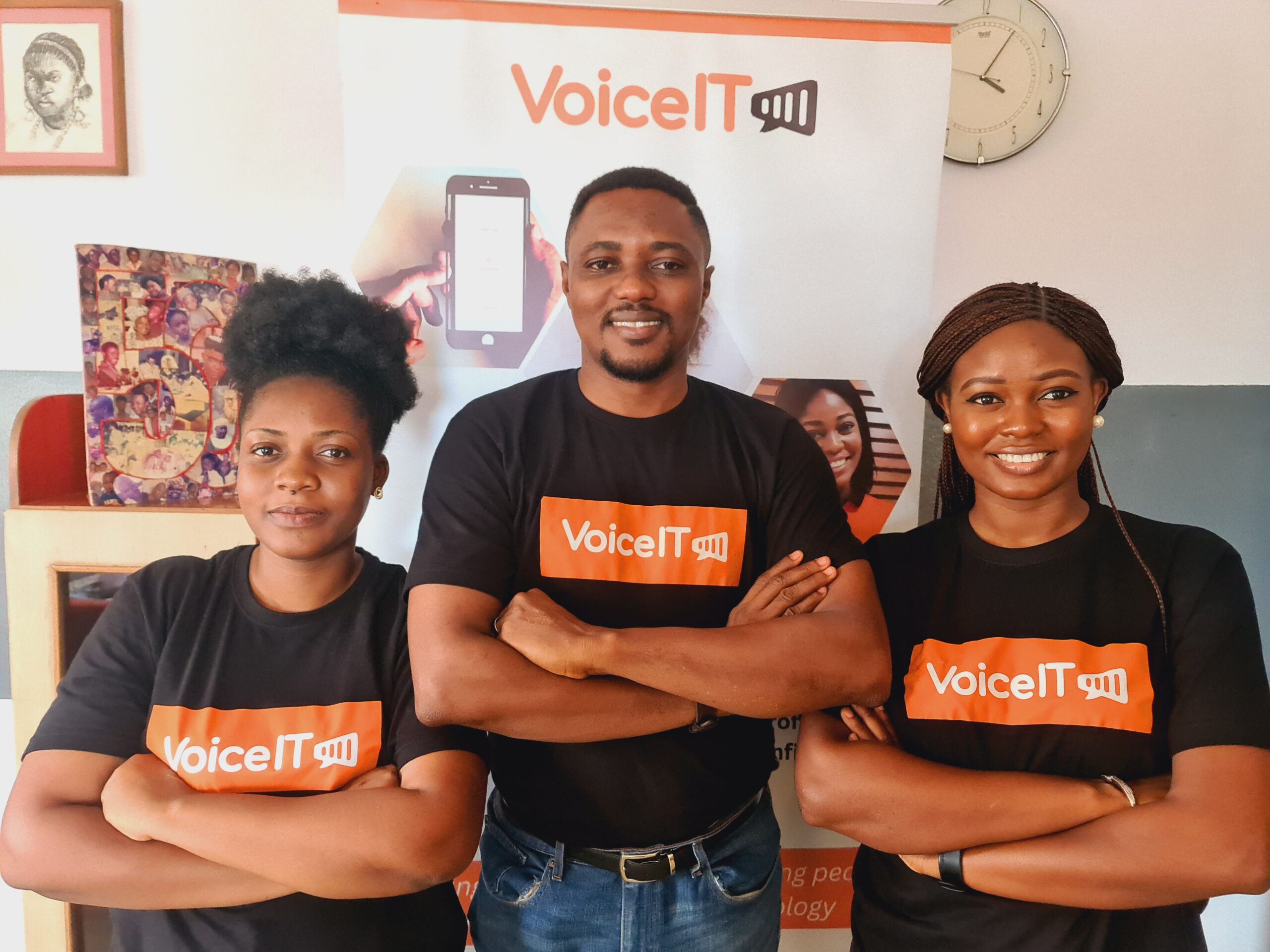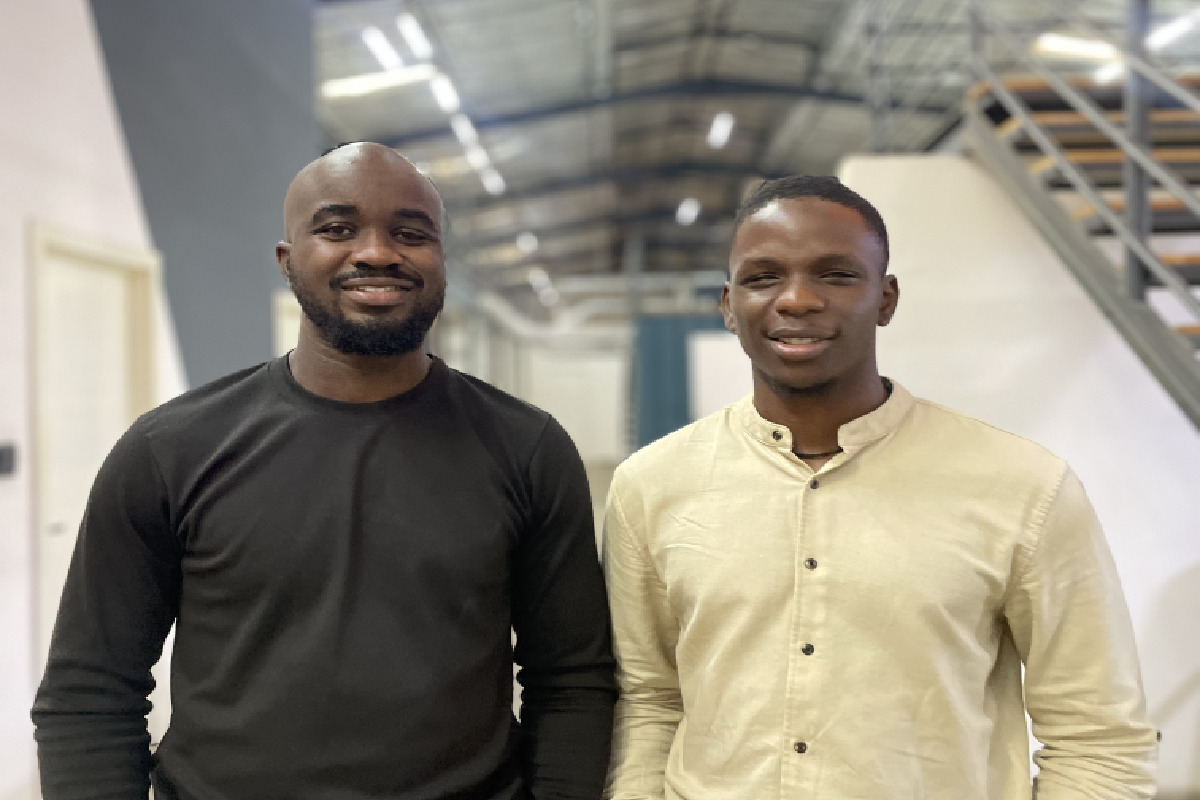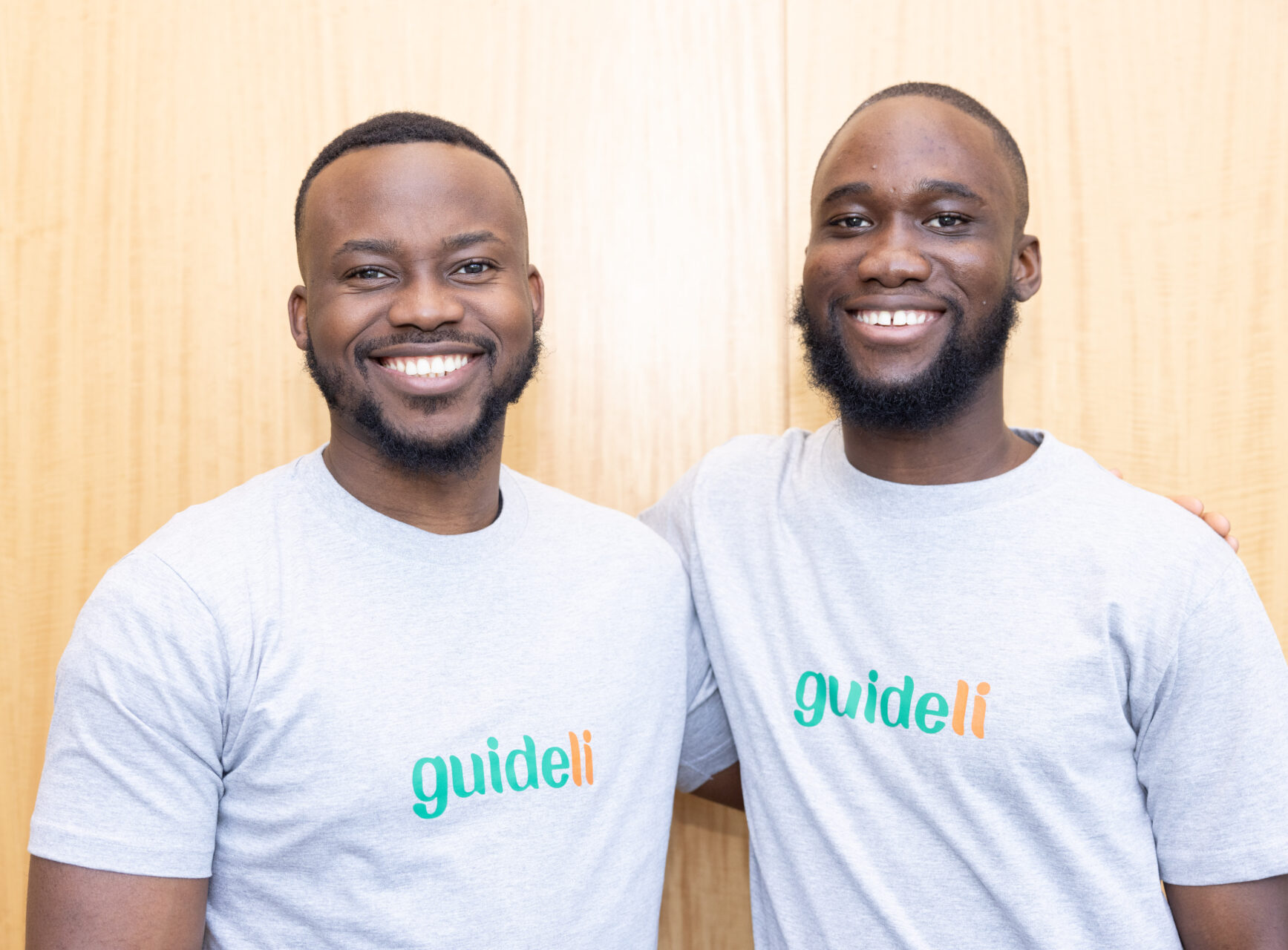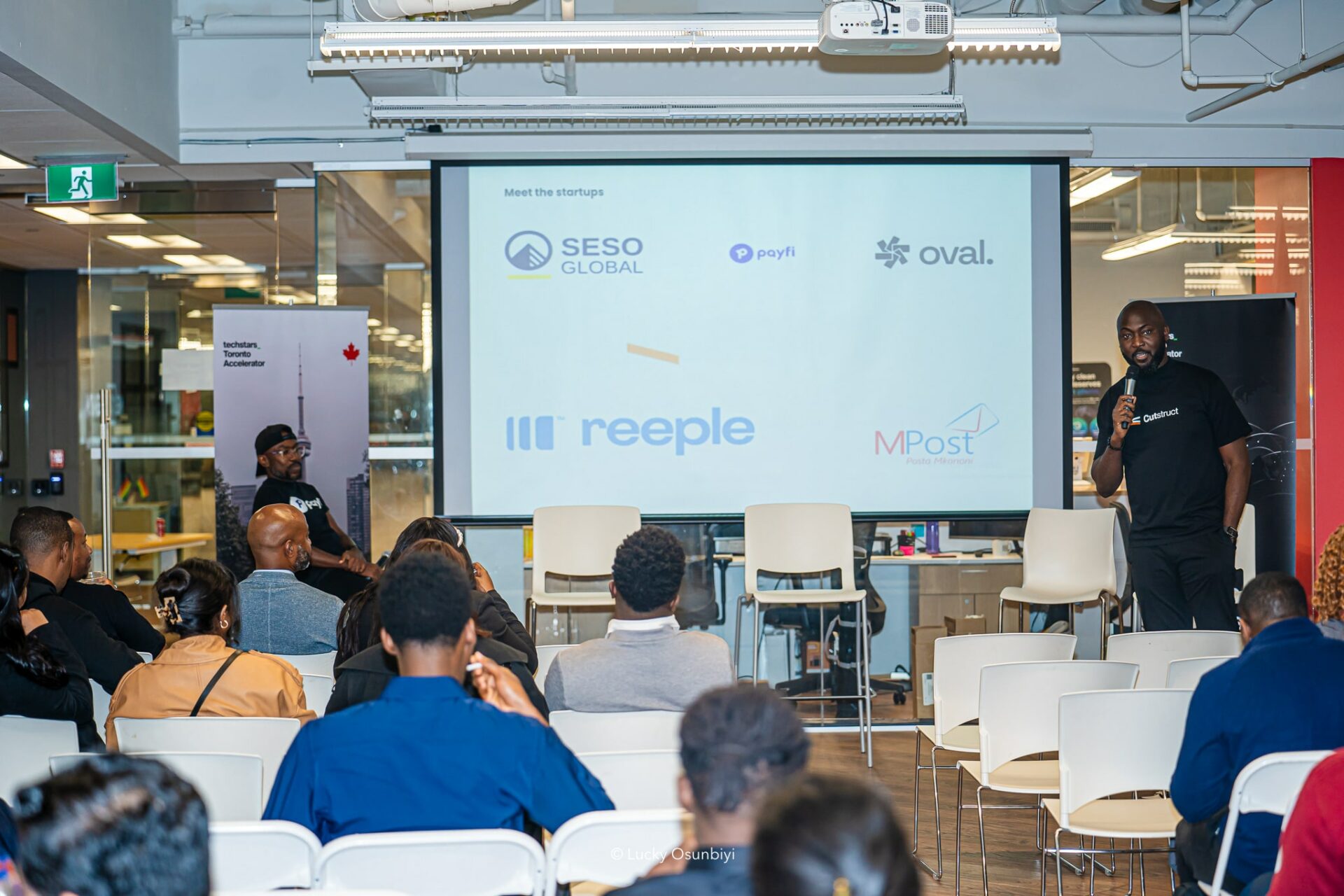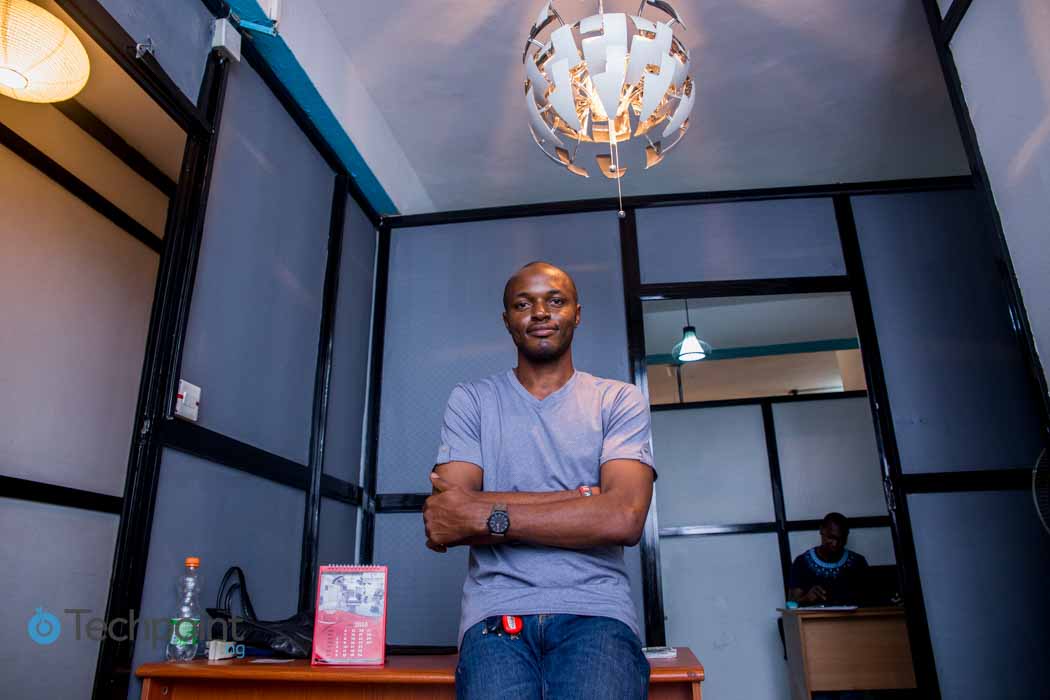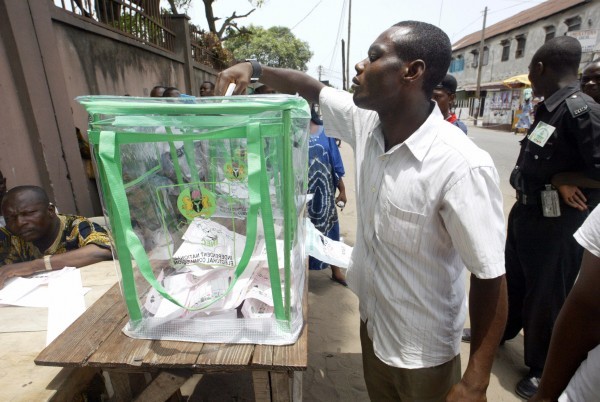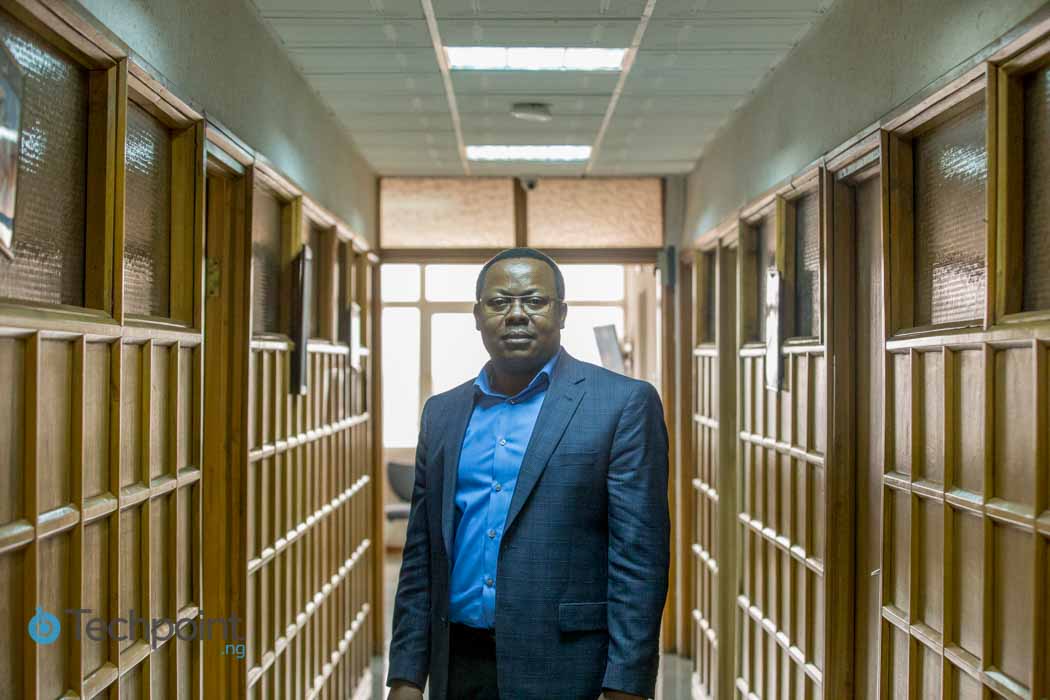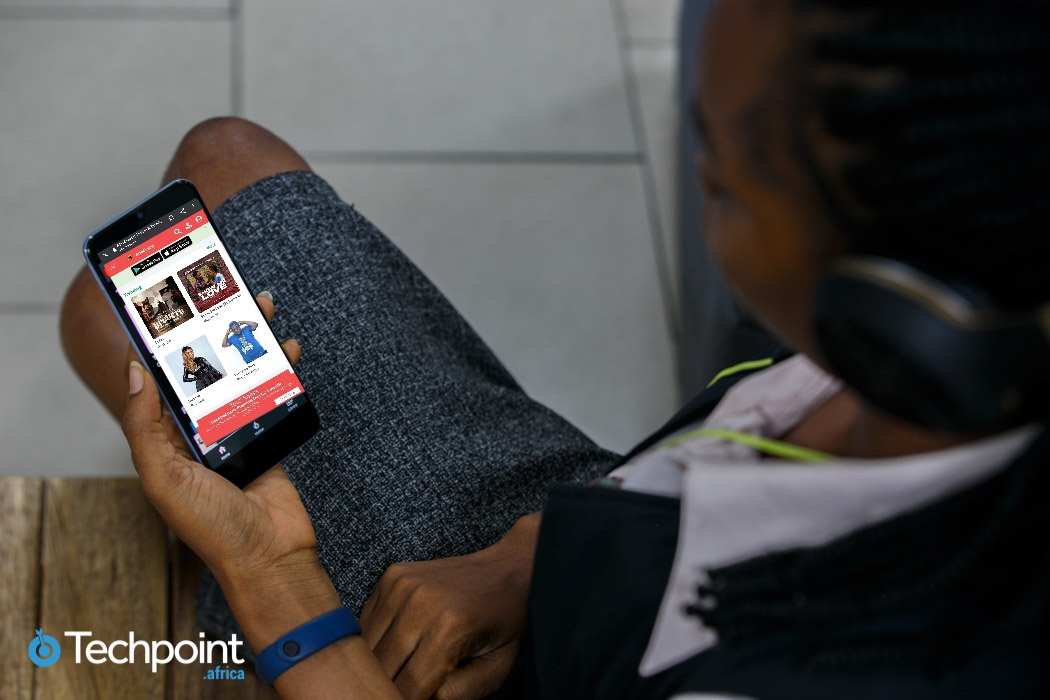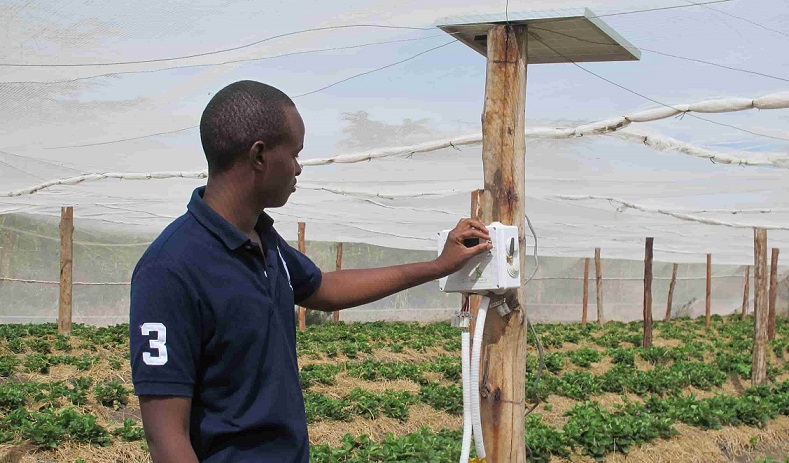In spite of obvious challenges like the recurrent Internet shut down in the East African country of Ethiopia, the likes of Shem Asefaw are returning to the country to help develop the technology and startup space.
Shem is the chief rainmaker of blueMoon -- an Ethiopian-based startup incubation hub. As it is, blueMoon is one of the few tech hubs powering the tech and startup space in the country.
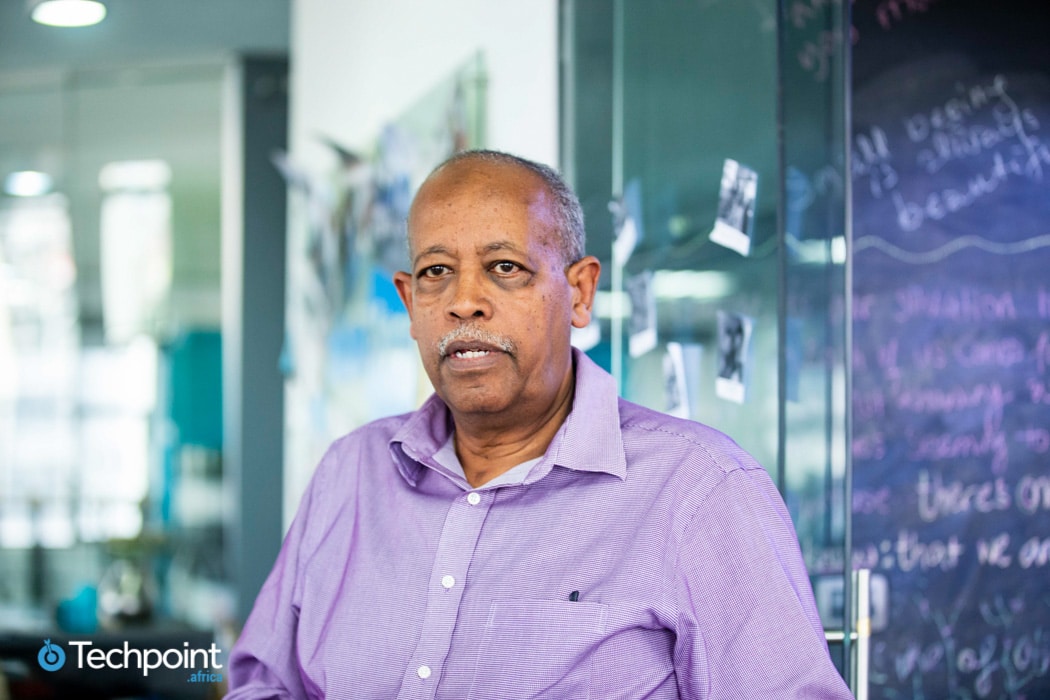
According to Shem, the hub was established about two and a half years ago when startup incubation centres in the country were just about four in number. The story has since changed as there are currently over fifteen hubs in the country.
Based in Ethiopian capital city, blueMoon -- which still considers itself a startup -- is working to build an ecosystem that supports entrepreneurs as well as African students. The hub offers a six-month startup incubation programme during which entrepreneurs work on their idea.
Beyond the incubation programme, blueMoon also serves as the first investor in startups that pass through the programme by providing a seed funding of $10k (295,750 Ethiopian Birr) to enable them build their prototype as well as proof of concept.
The reception
The lounge
Shared space for incubatees

Join over 3,000 founders and investors
Give it a try, you can unsubscribe anytime. Privacy Policy.
Shared spaces for alumni and interns
Meeting room
The kitchenette
Other shared space
The chief rainmaker's office
Beneficiary startups are also provided with networking opportunities to meet investors. Pitching events are also organised from time to time where these startups pitch to potential investors.
Since inception of the incubation programme, a total of 33 startups have graduated from the programme. The initial batch of the programme had just 6 startups while the current batch has 17, selected from over 140 applicants.
Most entrepreneurs behind the startup incubatees are university students who are building products to solve problems that are peculiar to the Ethiopian society. Shem affirms that the hub makes sure its incubatees go out on the streets and collects rejections.
These incubatees then share their rejection experiences at the end of the day which allows everyone learn from each other while also learning more about the Ethiopian market.
Aside just collecting rejections, they are also encouraged to experiment and test whatever it is that they are building.
“We tell them, see if you can get a client with a piece of paper. Test your concept. Will they buy?” Shem says.
They are also encouraged to fail early and forward.
“Fail early because we don’t want you to fail a year or six months later, we want you to fail now and as many times as possible but fail forward,” they usually tell the incubatees.
At the end of the six-month incubation programme, alumni are allowed to work out of the hub at no cost.
Internship for students from foreign universities
Aside from startups, blueMoon also takes in interns, most of whom are Ethiopians studying in foreign universities. For these students, internship at blueMoon allows them the opportunity to immerse themselves in the technology and business space of the country.
MacDonald -- a Zimbabwean studying in Mauritius -- is one of the foreign students doing an internship at blueMoon.
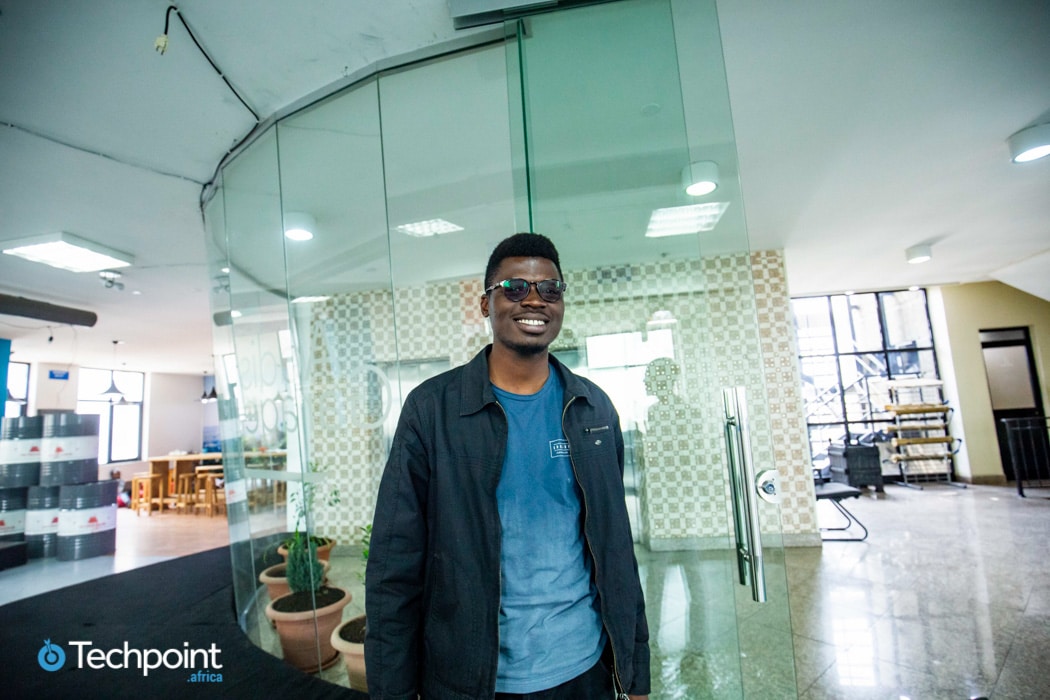
As someone with an interest in technology, MacDonald says the internship is giving him a vast opportunity to get hands-on experience. There’s also a Japenese who is studying in an African university that’s currently an intern at the hub.
blueMoon’s future
While blueMoon is not looking to expand beyond Addis Ababa, it’s currently working on an initiative that’s likely to have more impact than setting up branches across the country.
Apparently, universities in the East African country are looking at having incubation hubs within their campuses and for this, blueMoon is working on a sort of incubation framework that will be adopted by these universities to build hubs that will help them further prepare their students for the future. Whether you’re preparing for a weekend in the woods or the ever impending apocalypse, having survival gear you can depend on is critical. Should the time come when you need to use it — whether that’s due to a wilderness excursion gone wrong or an unexpected natural disaster — you’ll be glad you have it. Time is of the essence in a grid-down scenario and having things like fresh water, medical supplies, and basic survival tools readily accessible can be a matter of life or death. To help you out we’ve created a checkoff list of items typically included in a survival kit , along with recommendations for the best survival gear currently on the market.
“In essence, we are creating the blueMoon branch but just the knowledge rather than the physical space and stuff like that,” Shem affirms.
Beyond Ethiopia, the hub is looking forward to having branches in other countries in order to serve African communities in those countries. And these hubs -- like the one in Ethiopia -- will be built to solve African problems.


